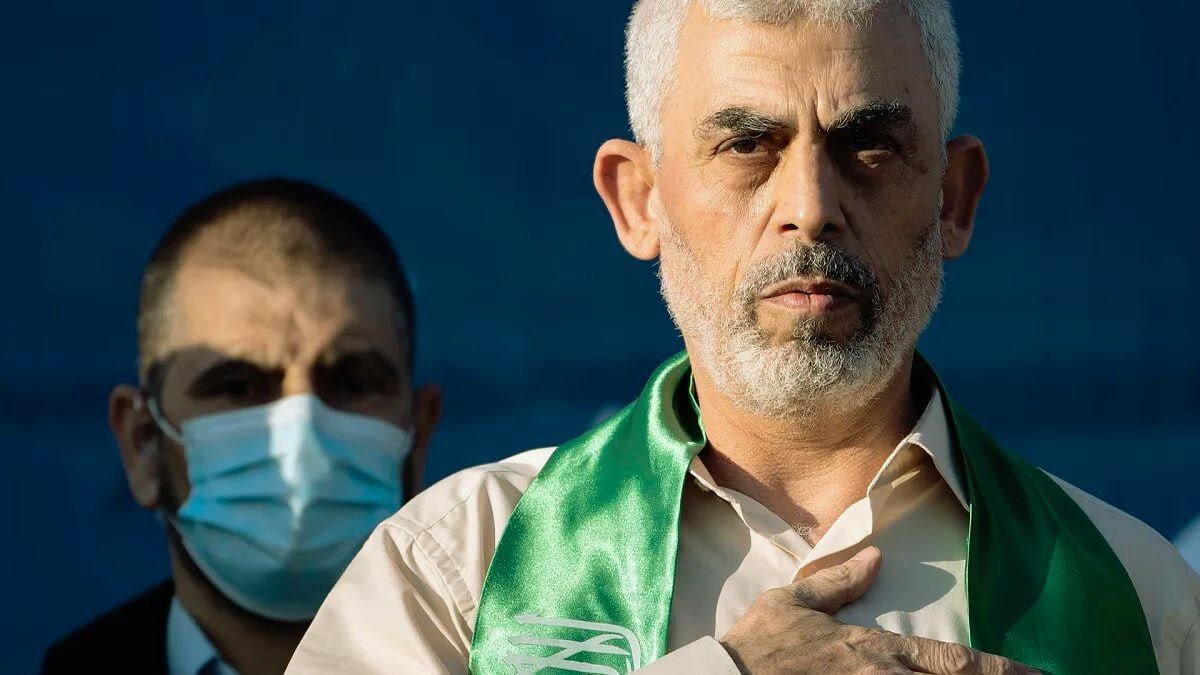Contents

Overview of Recent Events, Yahya Sinwar death, Hamas leader killed
Background on Yahya Sinwar, Gaza conflict escalation
Sinwar has been a pivotal figure in the Hamas organization, serving as both a military commander and a key political leader. Since his rise to power, he has played a crucial role in shaping the tactics and strategies of Hamas, especially regarding its confrontations with Israel. His leadership was characterized by a hardline stance, aiming for Palestinian autonomy and resistance, which has drawn both support and opposition within and outside the Gaza Strip.
Potential Repercussions of His Death, Middle East politics
The killing of Yahya Sinwar may lead to several potential repercussions. Firstly, there could be a power vacuum, leading to internal strife within Hamas as factions vie for control. Secondly, this development might provoke further military action from both sides, as retaliatory measures could be expected from Hamas. Additionally, the broader response from regional allies and adversaries could reshape the existing alliances and tensions in the Middle East.
OUR SITE: toinewsalert.com